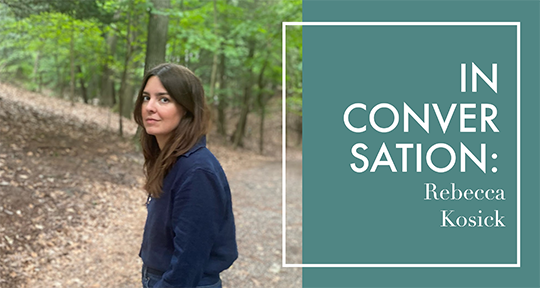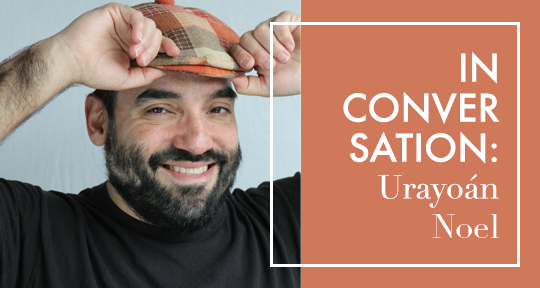Hélio Oiticica (1937-80) remains one of most visionary artists to emerge from Rio de Janeiro’s Neoconcretismo movement, along with prominent artists Lygia Clark and Lygia Pape, and poet Ferreira Gullar. Oiticica’s art has been described as a “radical and compelling rethinking of mid-century Modernism,” and he is known as a painter, installation artist, and sculptor. He eventually moved to New York in 1970 partly because of the state-sanctioned censorship in the arts by the then-militaristic authoritarian regime in Brazil.
Less widely recognized is Oiticica’s contribution as a poet. More than four decades after his death, Soberscove in Chicago and Winter Editions in New York jointly published Hélio Oiticica: Secret Poetics (2023), a collection of his handwritten poems from 1964 to 1966, translated from the Brazilian Portuguese. Dr. Rebecca Kosick’s translation of this visual poetry collection demonstrates that Oiticica’s poetry is, as she has argued elsewhere, “a lyric that stills the sensible for the “reader” to perceive.” Dr. Kosick, herself a poet and scholar whose studies revolve around the question of how language and media intersect in contemporary pan-American poetry (Anne Carson, Augusto de Campos, Lygia Pape, Juan Luis Martínez), has previously debunked the idea of Latin American visual art (and visual poetry) as “a passive recipient of inherited European forms.”
In this interview, I spoke with Dr. Kosick about the enduring legacy of Hélio Oiticica and the Neoconcretismo movement of mid-twentieth century Brazil, as well as her own body of work as a theorist and practitioner of poetry.
Alton Melvar M Dapanas (AMMD): The art historian Claire Bishop describes the work of Hélio Oiticica as “social and political in inclination, engaging with the architecture of the favelas and the communities that lived there.” Bishop also makes the case for Hélio’s focus on viewer perception, interactivity, and lived experience (vivências) as pivotal to the history of installation art. Could you tell us about Oiticica’s socioaesthetic and ethnopolitical roots and beliefs as a visual artist?
Rebecca Kosick (RK): In a 1966 interview for the magazine A Cigarra, the interviewer, Marisa Alvarez de Lima, asks Oiticica: “Are you an anarchist?” and he replies, “in body and soul.” Oiticica’s grandfather had been a prominent anarchist and was publisher of the newspaper Ação Direta (Direct Action), so these were ideas that Oiticica grew up with. What anarchism meant for Oiticica can sometimes be a little hard to pin down, and he wasn’t as directly involved in organized political activity as, say, his poet-collaborator Ferreira Gullar, who led the Communist Party in the state of Rio de Janeiro for a time. But it’s clear that elements of anarchism were central to Oiticica’s framework for being in the world, and for being with other people. In later interviews, he talks about certain values he picked up from his grandfather that stayed with him for his entire life—for instance, his grandfather, when being summoned to take part in a jury (which was compulsory), talked about how he would agree to show up but would say right away: No matter the crime, I will never vote to convict. Oiticica talks about this as an extremely important lesson and says that sending someone to prison is the worst crime of all. READ MORE…



